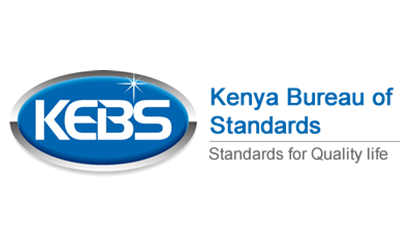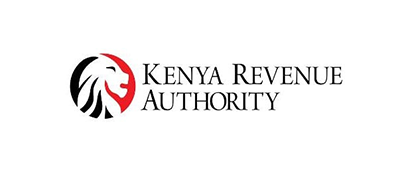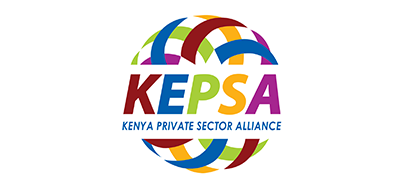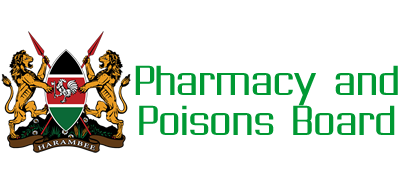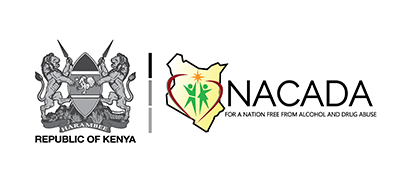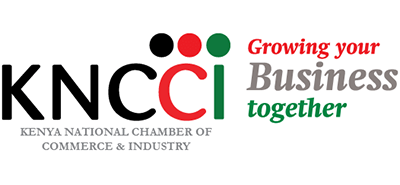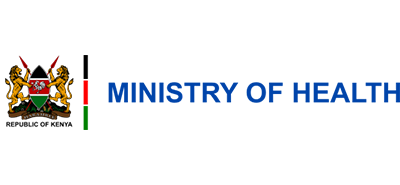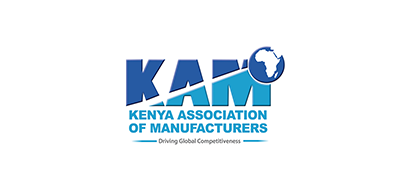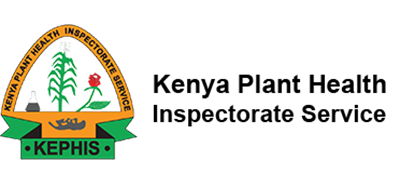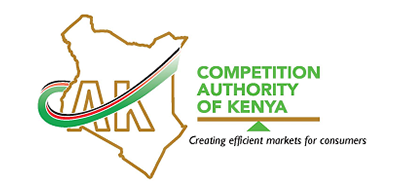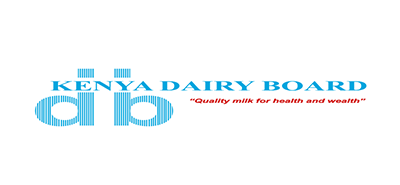
Fortification Mark
Food fortification is the addition of one or more vitamin and/or mineral to a food (usually referred to as food vehicle) to correct or prevent a demonstrated micronutrient deficiency.

Diamond Mark
The Diamond Mark of Quality (also referred to as D-Mark) is a voluntary product certification scheme operated by Kenya Bureau of Standards (KEBS). It is mark of excellence awarded.

Standardization Mark
This is a mandatory product certification scheme for locally manufactured products provided for under section 10 of the Standards Act Cap 496, Laws of Kenya.

Import Standardization Mark
KEBS developed and implemented secure Quality Marks / stickers complete with Track and Trace software.
